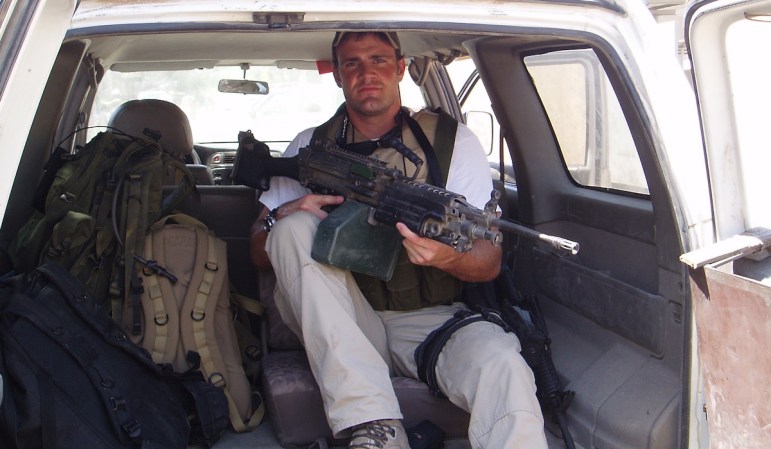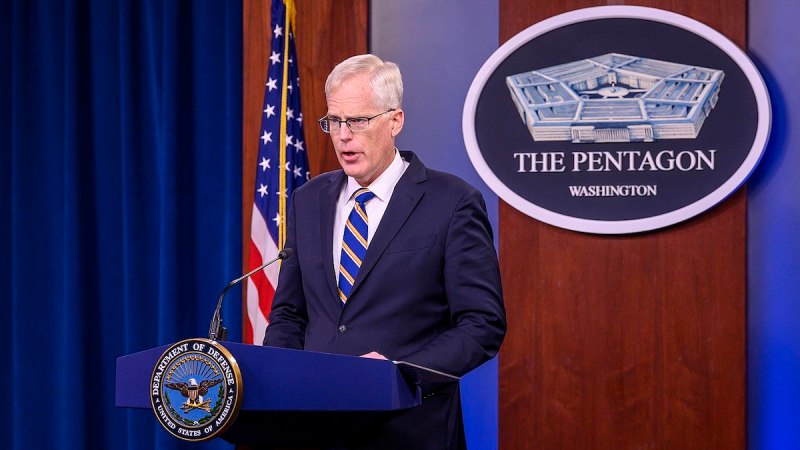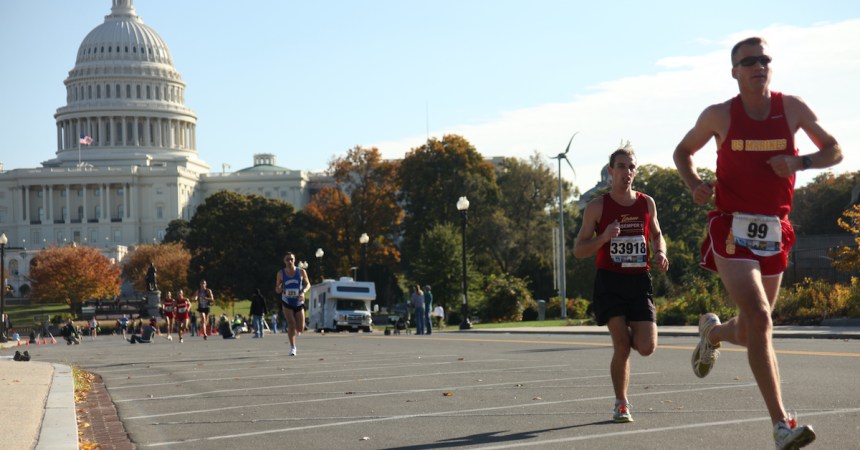
A few weeks after D-Day, U.S Army Private Bob Levine was hit by the shrapnel from a grenade that landed next to him during a fierce battle to take a German-held hill overlooking the beach at Normandy. The next thing he knew he had an enemy paratrooper standing over him.
“He looked about 10 feet tall, and pointed his submachine gun at me,” Levine told the New York Daily News. “The kid next to me got up and took off, and he just wheeled around and shot him.”
Levine was suddenly a prisoner of war. And his situation went from bad to worse as his already wounded leg was hit again, this time by fragments from an American artillery shell.
The next thing Levine knew he was lying on a table in a French farmhouse with a Nazi doctor standing over him studying his dog tags.
“He says, ‘Was ist H?’ — and that was all I had to hear,” Levine recalled to the New York Daily News. “I said to myself — and I can still hear myself saying it — ‘There goes my 20th birthday.’
“I really did not think I would make it.”
But he did make it. He woke up missing two things: the bottom half of his left leg, which had been surgically amputated, and his dog tags.

The Nazi doctor had saved his life twice. Once by amputating his leg and preventing the onset of deadly gangrene and once by removing his dog tags, thereby hiding any evidence that Levine was Jewish — a death sentence of its own in the days of the Third Reich.
Levine did some research in the years following the war and discovered that the man who had saved him was Dr. Edgar Woll. Woll died in 1954 before the two had a chance to meet in person again, but Levine returned to Normandy in 1981 and met with the doctor’s family. The two families grew close, close enough that one of the doctor’s granddaughters stayed with the Levines while attending Fairleigh Dickenson University.
As terrible as war is there are times when it reveals the potential beauty of humanity. And what stands out most of all in Levine’s memories of that first meeting with the doctor’s family is a toast one of the German guests offered at a party the Wolls hosted: “Without you we’d all be saying ‘heil Hitler.'”
Read the entire New York Daily News article here.


























